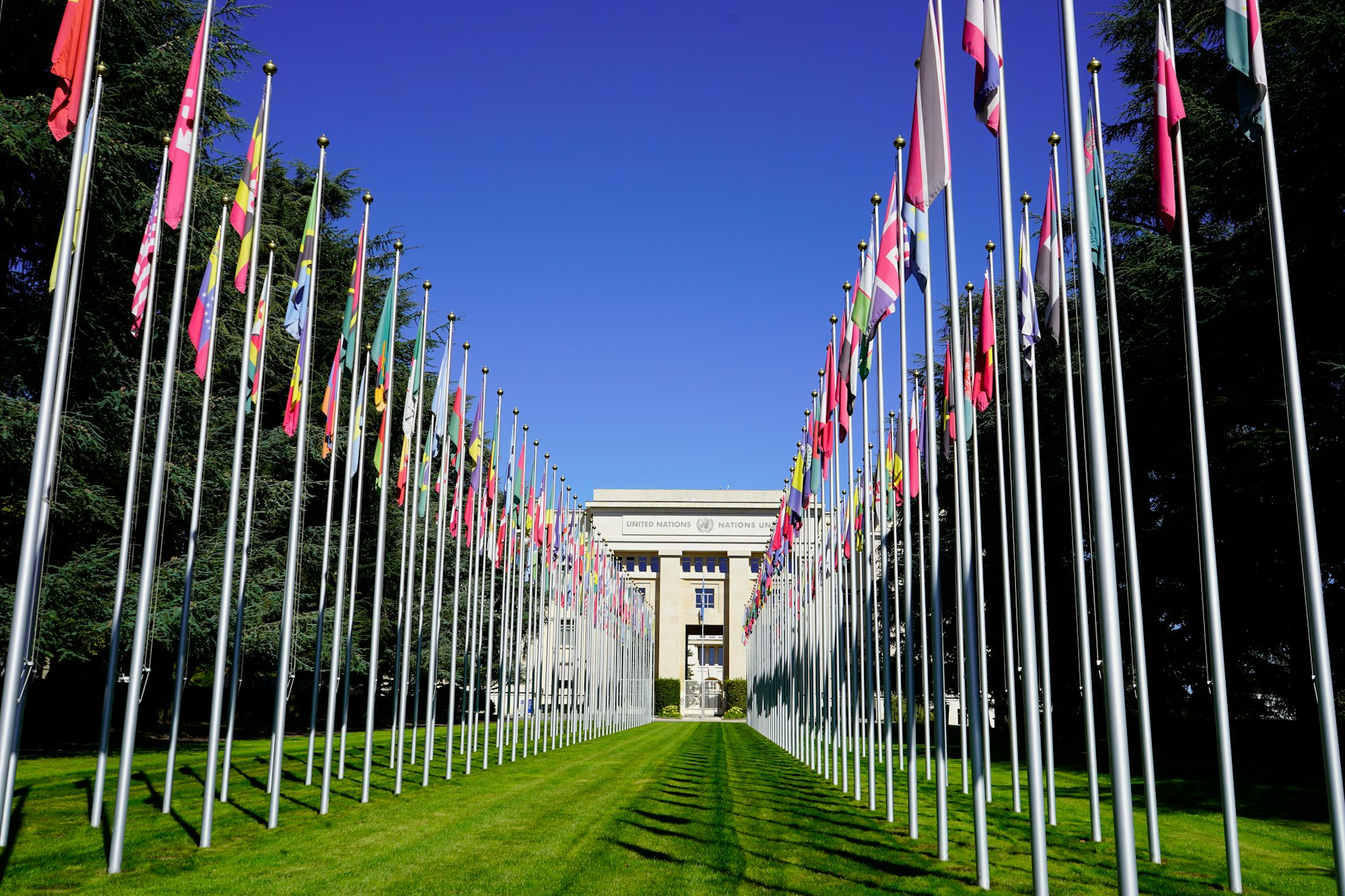Musk, AfD, and the German Press: When Free Speech Becomes Selective
German leaders claim to defend free speech but condemn Musk’s AfD ties, silencing dissent while claiming to protect democracy. The principle of open debate seems to vanish if it benefits ideas that the mainstream vehemently opposes.
As Germany inches closer to its next federal election, Elon Musk’s public engagement with the country’s political scene—and specifically his endorsement of the right-wing party Alternative für Deutschland (AfD)—has triggered both headlines and a sharp backlash. Several leading German politicians, including Chancellor Olaf Scholz (SPD) and Economics Minister Robert Habeck (Greens), have publicly condemned Musk’s remarks or warned him “not to interfere” in the election. Meanwhile, the press coverage has largely framed Musk’s involvement as a threat to German democracy. Below is an overview of recent developments and a critical look at the media’s stance—with a view toward the value of free speech in a robust democracy.
1. The Scheduled “Space”: AfD’s Alice Weidel and Elon Musk
According to a Frankfurter Allgemeine print report, AfD co-chair Alice Weidel plans to host a public live conversation on X (formerly Twitter) with Tesla CEO Elon Musk on January 9. This interactive audio event—known as a “Space” on X—will allow users to listen in as Weidel and Musk discuss a range of topics. A spokesperson for Weidel confirmed these plans, fueling speculation that the AfD hopes to leverage Musk’s global social media influence and high-profile persona to bolster its election campaign.
Critical Perspective
While mainstream German outlets quickly painted this as an alarming development, it’s worth noting that public figures—even those with controversial political views—frequently invite guests who challenge the status quo. In an open democratic process, such conversations can shed light on topics that often remain unaddressed. Musk, known for his unfiltered commentary and unconventional style, brings global attention, whether we agree with him or not. The Frankfurter Allgemeine coverage suggests a predetermined narrative: Musk’s involvement is framed purely as a “danger” or “interference,” leaving little space for nuanced discussion on what free expression in the digital age might entail.
2. Olaf Scholz: “Stay Cool—We’re Used to This”
In an interview with Stern, Chancellor Olaf Scholz (SPD) downplayed Musk’s personal criticisms. He noted that social democrats have historically drawn the ire of wealthy media owners. “You have to stay cool,” Scholz said, referring to the current outcry against Musk’s statements. However, he also deemed it “far more worrying” that Musk supports a party he calls “partly right-wing extremist” and “anti-European.”
Critical Perspective
Scholz’s nonchalance about Musk’s insults can be seen as a level-headed approach. Yet, by branding AfD as “partly right-wing extremist” in the same breath, the Chancellor also implies that certain points of view should be disqualified from public debate. While there is no shortage of valid criticism toward the AfD, free-speech advocates argue that open platforms—where these claims can be contested and countered—are more effective for democracy than outright censorship or dismissive labeling.
3. SPD’s Lars Klingbeil: Call for EU Intervention
Leading SPD politician Lars Klingbeil told the Rheinische Post that “the EU must step in” because of Musk’s handling of the social media platform X. Klingbeil raised concerns about disinformation, hate speech, and what he perceives as a “negative development” since Musk’s takeover. In his view, Musk’s primary goal is to capitalize on his “communication power” for both monetary and political influence—without regard for Germany’s best interests.
Critical Perspective
Politicians worldwide have struggled to reconcile the tension between preventing actual harm (e.g., incitement to violence) and maintaining a healthy public sphere where freedom of expression thrives. While regulatory frameworks can protect users against defamation or harassment, sweeping calls for “supervision” can invite slippery-slope scenarios. Who defines permissible speech? What oversight structures ensure that legitimate dissent isn’t stifled? These are complex issues that deserve deeper public dialogue, not just quick policy pronouncements.
4. Economics Minister Habeck: “Hands Off Our Democracy”
Robert Habeck, the Green Party candidate for Chancellor, called Musk a “close advisor to Donald Trump” and criticized his “active interference” in the German election campaign. In an interview with Spiegel, Habeck labeled the billionaire’s combination of “enormous wealth,” “control of information,” and “willingness to ignore rules” as a “frontal attack on our democracy.” When Musk retorted on X, calling Habeck “a traitor to the German people,” media outlets such as ZDF depicted the exchange as further proof of Musk’s disruptive influence.
Critical Perspective
Habeck’s admonition—“Hands off our democracy, Mr. Musk!”—raises the question of whether it is feasible (or even desirable) to insulate any democracy from foreign commentary or support. Modern democracies often tout the free flow of ideas as a bedrock principle. Moreover, when politicians and the press highlight a single individual (in this case, Musk) as an existential threat, it can inadvertently amplify that figure’s megaphone. From a pro-free-speech perspective, the best remedy is more discussion and debate, not political gatekeeping.
5. Sahra Wagenknecht Criticizes AfD’s “Alignment with Billionaires”
Bild reported that Sahra Wagenknecht, leader of the newly formed BSW, condemned AfD co-chair Alice Weidel for “aligning with Musk” and betraying the working class. Wagenknecht argued that the AfD’s closeness to billionaires undermines its claim to represent ordinary Germans, stating that such figures mostly want “fewer taxes” and minimal regard for employees.
Critical Perspective
Wagenknecht’s position underscores a broader leftist critique: big business interests often diverge from the interests of lower-income segments. Still, a truly open public sphere would allow Weidel, Wagenknecht, or anyone else to present evidence for or against such claims and let the electorate decide. In a robust democracy, diverse viewpoints—whether pro-business, anti-elite, or otherwise—benefit from being aired and scrutinized.
6. Why Free Speech Still Matters
The intense negative coverage in many mainstream German outlets points to a larger concern: Are we losing sight of open dialogue as a fundamental democratic principle? By branding conversation with Musk as “dangerous” or “foreign interference” from the outset, one risks limiting the healthy clash of ideas that fosters democratic resilience. Here are a few arguments in favor of a balanced, free-speech-oriented approach:
- Counterargument and Scrutiny: If Musk or the AfD present flawed ideas, a public platform gives journalists, politicians, and citizens the chance to refute them transparently.
- Open Debate vs. Underground: Efforts to ban, suppress, or over-regulate controversial figures often drive them into less visible networks, where harmful ideologies can grow unchecked.
- Precedent for Censorship: The same tools or legislative efforts used to muzzle Musk’s or AfD’s remarks today could, in another political climate, be turned against mainstream voices tomorrow.
In short, to uphold freedom of expression, we might do better by challenging disputable claims with evidence rather than resorting to broad calls for suppression or top-down “supervision.”
7. Looking Ahead
With a live discussion scheduled for January 9 between Alice Weidel and Elon Musk, the German political landscape appears poised for more polarizing debates. The federal election season has taken on an international dimension—one that Germany’s political elite is still grappling to navigate. While vigilance against disinformation remains important, it is equally critical that Germany’s commitment to free expression endures, allowing all participants—whether popular or provocative—to present their case on the public stage.
Conclusion
The German press has adopted an alarmist tone regarding Elon Musk’s involvement with the AfD. Leading politicians also demand stricter regulations or openly dismiss Musk’s commentary as harmful. However, democracy can be robust enough to engage in open argument without immediate recourse to curtailment. Rather than silencing polarizing figures, a healthier approach might be to respond with facts, debate, and transparency—letting voters hear the arguments in full, judge their merits, and exercise their democratic choice.
If Musk’s interference is so nefarious, the best defense is more debate, not paternalistic demands for silence. Democracy that shrinks from scrutiny is already in trouble.

This article is provided for informational purposes, drawing on recent reports from Frankfurter Allgemeine, Spiegel, Stern, ZDF, and Bild. Quotations from public figures are used under fair use for news reporting. The views expressed herein reflect a commitment to free speech and open dialogue as essential pillars of any liberal democracy.






